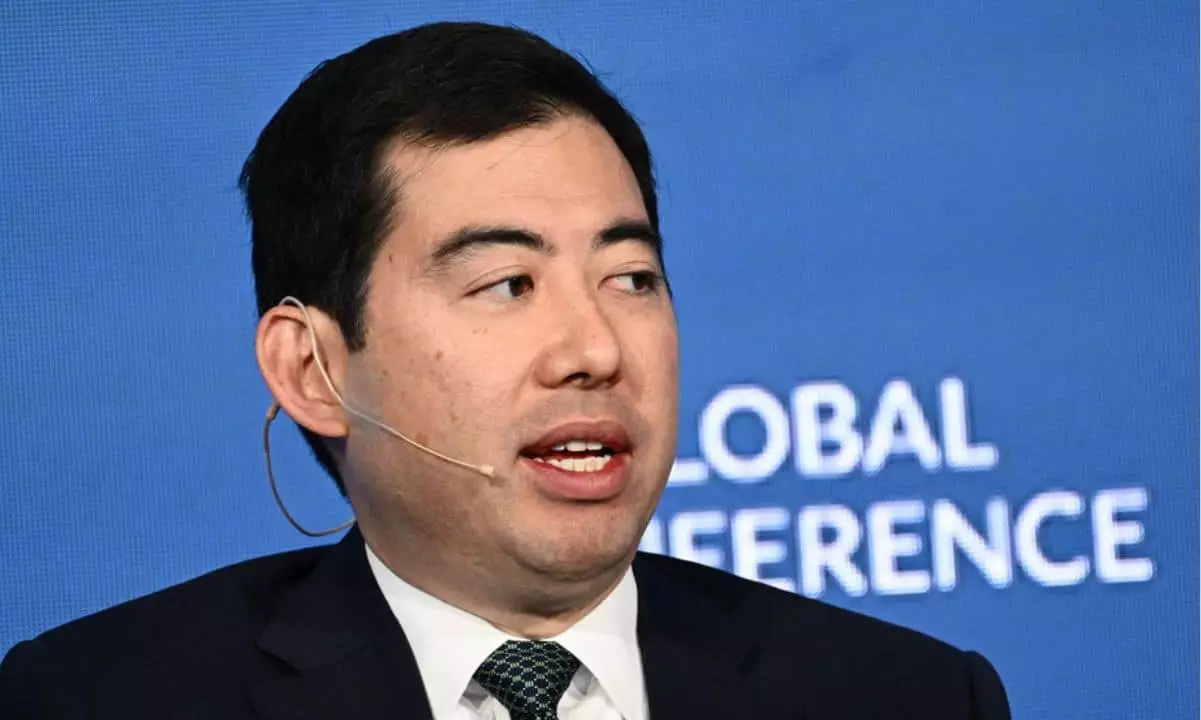In the ever-evolving landscape of cryptocurrency regulation, a significant shift is happening within the U.S. Securities and Exchange Commission (SEC). Mark Uyeda, a current commissioner and a member of the Republican party, has publicly challenged the agency’s current tactics against crypto firms. His recent remarks resonate with those of President-elect Donald Trump, who made waves during his campaign by pledging to dismantle the Biden administration’s extensive regulatory framework geared towards digital assets. The implications of this shift could fundamentally alter how cryptocurrencies are regulated in the United States.
Uyeda’s stance is clear: the SEC’s aggressive enforcement measures, particularly against non-fraud cases in the cryptocurrency sector, need to be reconsidered. In a recent interview, he emphasized the necessity for the Commission to cease actions against companies that lack allegations of fraud or tangible harm. The past three years have seen the SEC take action against over one hundred cryptocurrency-related firms, driven by compliance issues, fraud allegations, and interpretations of what constitutes a security under existing laws. The scrutiny has primarily affected firms like Coinbase, Ripple, and Kraken, which have all faced litigation based on their operational practices.
Critics argue that the SEC’s aggressive posture has created a chilling effect on innovation. With the cryptocurrency market still in its infancy, many industry stakeholders believe that regulatory clarity and flexibility are essential for healthy industry growth. Uyeda’s proposals suggest a more lenient approach toward compliance and a reevaluation of ongoing enforcement actions, potentially signaling a turning point in the agency’s relationship with the crypto sector.
Speculation surrounding the potential reshaping of the SEC leadership is a focal point of discussion among crypto advocates. Legal experts suggest that if SEC Chair Gary Gensler is replaced before Trump’s inauguration on January 20, 2025, a new chairperson could pivot the agency’s focus towards resolving existing cases more amicably and possibly dismissing ongoing litigations. This scenario could propel a significant overhaul in how the SEC interacts with and regulates cryptocurrencies.
Potential successors, including Dan Gallagher from Robinhood and Paul Atkins of Patomak Global, also bring varied perspectives to the future of SEC crypto regulation. Should Uyeda’s vision gain traction, the implications for cryptocurrency companies, investors, and regulatory clarity could be profound.
Echoes of Dissent within the SEC
The SEC’s current regulatory approach has drawn significant criticism not only from the crypto industry but also from within its ranks. Commissioner Hester Peirce has joined Uyeda in calling for a more balanced strategy that does not stifle innovation. This internal dissent highlights a growing awareness that an overly heavy-handed regulatory strategy could drive businesses and technological talent offshore, further complicating the landscape for U.S. regulatory oversight.
As the cryptocurrency market continues to expand, the discussions surrounding regulatory reform become increasingly pertinent. The need for a rational and consistent framework is evident, as stakeholders seek both stability and the freedom to innovate. Whether the SEC will adapt to these calls for reform remains to be seen, but the current momentum signals a desire for change in the oversight of digital assets.



Leave a Reply